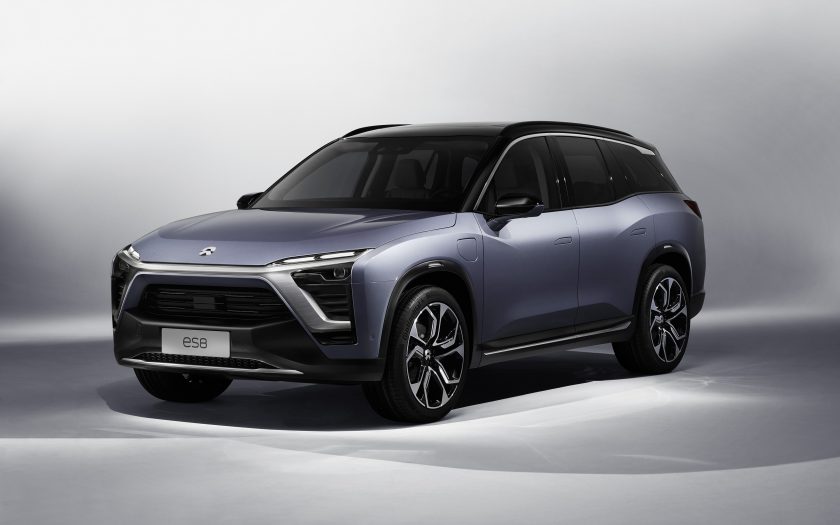ACCORDING TO A RECENT study by JD Power China, Chinese carmakers are still lagging behind international companies in terms of energy vehicle quality.
JD Power is a company that provides consumer insights, data, analytics and advisory services and a highly respected assessor of quality and customer satisfaction.
China is the world’s largest market for new energy vehicles (August sales of new energy vehicles in China were 109,000, a rise of 25.8 percent year-on-year), but the study (now in its second year) measures new vehicle quality by examining problems experienced by new vehicle owners in the first two to six months of ownership. These are measured by problems per 100 vehicles, the lower the number of problems translating to higher quality.
The latest study identifies an average of 138 problems per 100 vehicles. However, the number of problems for established Chinese brands is 147 per 100. That’s a substantial 35 more than for international brands and 21 more than local startups, the report said.
Explaining the difference, Jeff Cai, general manager of auto product at JD Power China, said established Chinese auto companies are weaker in resource integration and less favoured in the capital market. “If they want to survive,” he continued, “they must accelerate technology and product innovation and strive to improve quality. As the new energy vehicle market is shifting from policy to market-driven, competition among brands will gradually focus on product itself.”
International brands are also found to perform better in exterior, infotainment system, seats, powertrain and interior categories, according to the study. It’s not all doom and gloom for the Chinese though. Chinese startup brands like Nio score highly in driving experience, battery and charging.
“Both Chinese and foreign startups such as Nio and Tesla are more outstanding in exterior design, human-machine integration and technology innovation, while joint venture brands surpass others in manufacturing techniques,” said Eileen Ren, vice president of new energy vehicle solutions at JD Power China.
She went on to suggest new energy vehicle owners not only expect technological and smart in-vehicle features, but also demand high quality.
JD Power’s study also found that new energy vehicle (NEV) owners are younger (37 percent born in the 1990s) and more open to new brands (78 percent would consider any NEV brand when purchasing). PHEV (plug-in hybrid electric vehicle) owners reported fewer problems than BEV (battery electric vehicle) owners, while the average number of problems in small BEVs outnumber problems in other BEVs.
